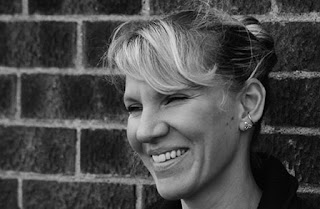Catherine is a recipient of 2020 Taoseña Award as Woman of Influence based on literary contribution; is author of 'Insectum Gravitis' (finalist New Mexico Book Award in Poetry 2020); 'The Mistress' (awarded New Mexico/AZ Book Award for Poetry 2017); 'Thousand-Cricket Song', and a recently completed manuscript 'And They Saw Me Turn To Hear Them' which is currently a semi-finalist in the Philip Levine Prize in Poetry, 2021. She has poetry translated into Greek, Persian, and Bulgarian. She is co-founder of the 'Taos Journal of International Poetry & Art'. Catherine’s poetry has been nominated for a Pushcart Prize and has been awarded numerous grants and residencies, and scholarships from Vermont Studio Centre, Lakkos/Crete Artist Residency, and Squaw Valley Community of Writers.
Here she works with motifs of femininity, heritage and memory to create a marvellous, sensual mosaic of a poem:
I Wake in Heraklion with Lady Beetles
I am soft with healing after
I am luxuriant with good fortune after
I am cloaked by lady beetles a scent of salted olive, my nature after
all means spacious means rhododendron and a pretty mouth.
If I give the impression of canopied with black spots after
my sorrow believe me when I say I am in pursuit of myself and a kiss and might after
I be a ridge on Mount Ida might local winegrowers and cicadas might my hollow after
deep between my thighs be my greeting braced ̶
There’s femininity a softening
I’d forgotten.
I’d cherish the softening
Holy is the body
its roundness the flesh
its brine a sweet
secret at age 58
a shuttered
body a cherished resumé.
There’s so much song even in heartache and my heart the female body after
bird melody my simple request after
the seeded bread I’d bought at the base of Lasíthi flavored with orange rind.
I am a Greek woman’s body I was told in the marketplace after
buying a potato and sea bream
the morning planes flew overhead celebrating Saint Minas when two vendors
said you are one of us you look like us the earthy
Polite. Greek.
Fluid.










